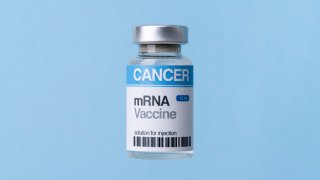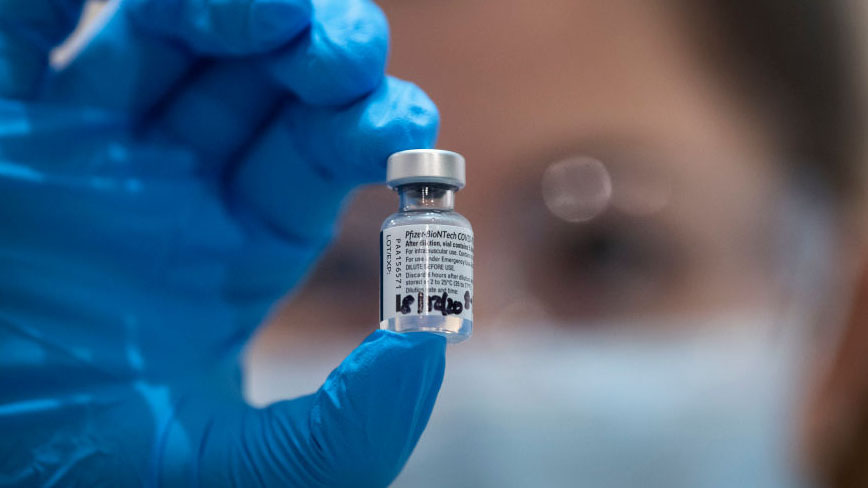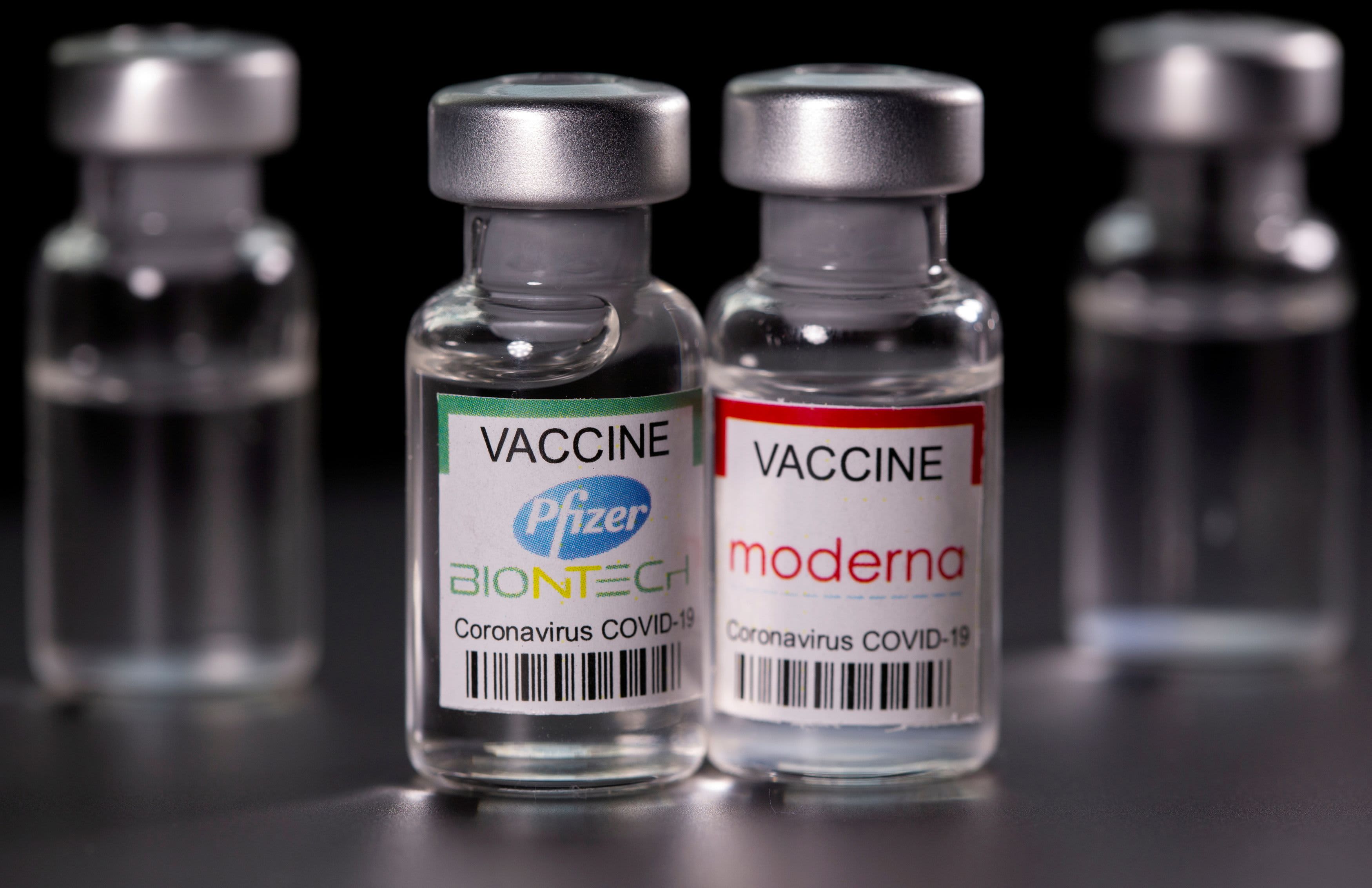
For melanoma, the most deadly of skin cancers, a personalized mRNA vaccine combined with the drug Keytruda can cut the risk of death or recurrence by 44%, researchers reported at a medical meeting on Sunday.
The results added to partial findings released in December from the pharmaceutical companies Moderna and Merck, which developed the vaccine. Merck makes Keytruda.
The study, funded by the companies, found that patients treated with the combination fared better than those treated with the immunotherapy drug Keytruda alone, said Dr. Ryan Sullivan, a melanoma expert at Mass General Cancer who worked on the study. The reduction is compared to receiving Keytruda alone.
The findings were presented at the American Association for Cancer Research meeting in Orlando, Florida.
Get DFW local news, weather forecasts and entertainment stories to your inbox. Sign up for NBC DFW newsletters.
“From a general cancer therapeutic standpoint, this is a potential major breakthrough,” Sullivan said in a statement.
Among those who participated in the study, 107 patients were given the combination of the vaccine and Keytruda while 50 patients got the Keytruda alone.
Gary Keblish, a 61-year-old Brooklyn teacher, was in the group receiving both treatments. A mole he had on his back was diagnosed as melanoma in 2019, he told NBCNews.com. His cancer has not returned.
The personalized mRNA vaccine, the same technology used in some COVID-19 vaccines, combined with the immunotherapy Keytruda led to the significant improvement in patients with stage 3 or stage 4 melanoma who had had surgery and who had a high risk of recurrence, Moderna and Merck first announced in December.
US and World News
"Today's results are highly encouraging for the field of cancer treatment,” Stéphane Bancel, Moderna's chief executive officer, said in a statement at the time. "mRNA has been transformative for COVID-19, and now, for the first time ever, we have demonstrated the potential for mRNA to have an impact on outcomes in a randomized clinical trial in melanoma.”
The companies plan to expand its use against additional kinds of tumors. The goal is truly individualized cancer treatments for patients, Bancel said.
Serious adverse events related to the treatment occurred in 14.4% of patients who received both the vaccine and immunotherapy and in 10% of patients who received just the immunotherapy, according to the statement from the companies.
Dr. Dean Y. Li, the president of Merck Research Laboratories, called the results an important milestone in the collaboration between Moderna with its expertise in mRNA and Merck and its immuno-oncology.
Personalized cancer vaccines are designed to prime a patient’s immune system so that it generates a response tailored to a tumor’s mutation signature, according to the two companies.
Messenger RNA or mRNA produces T cell responses also based on the unique mutation signature of a tumor, the announcement said.
The immunotherapy Keytruda meanwhile increases the ability of the immune system to detect and fight tumors.
The incidence of melanoma, the most serious of skin cancers, is on the rise, with the Centers for Disease Control and Prevention reporting it has doubled in the last 30 years in the United States. In 2018, 83,996 new cases of melanoma were reported, according to the CDC.
According to the Melanoma Research Alliance, 99,780 people in the U.S. were expected to be diagnosed in 2022 and 7,650 were expected to die. A large majority of deaths from skin cancer are a result of melanoma.
Merck and Moderna say they are sharing the costs of developing the mRNA vaccine and profits.





